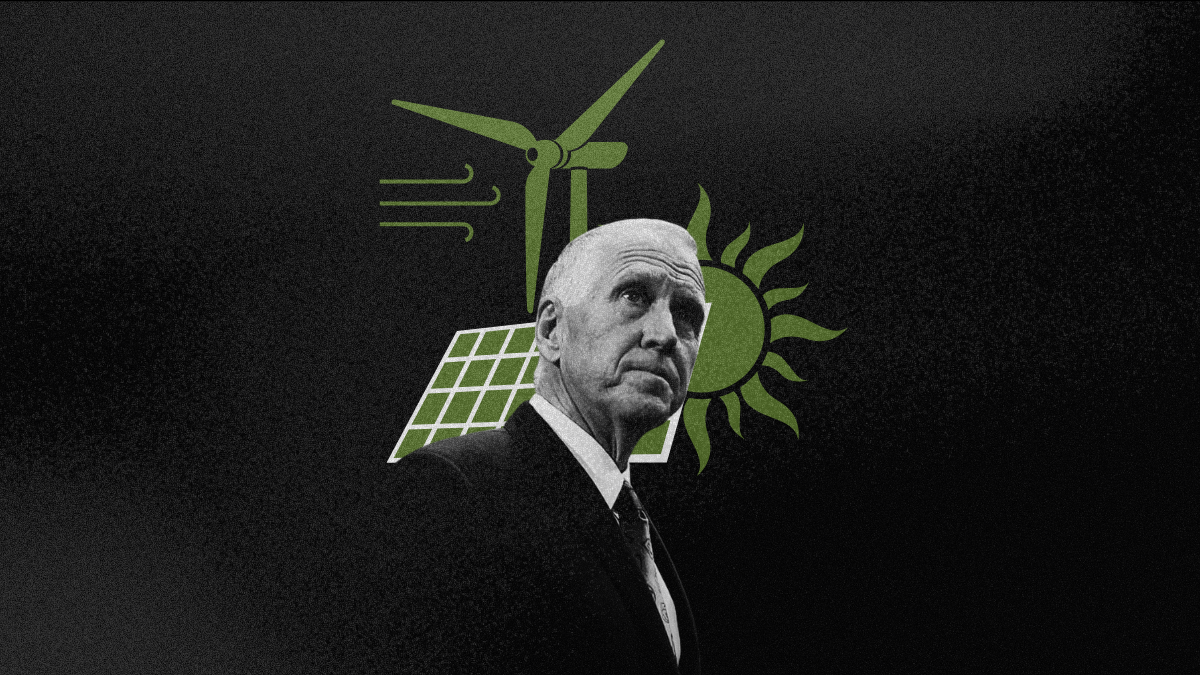North Carolina environmental and labor advocates held a press conference to urge Republican Senator Thom Tillis to preserve clean energy tax credits in the federal budget being considered by Congress.
Hosted by the NC League of Conservation Voters (NCLCV) and BlueGreen Alliance, advocates gathered outside of Tillis’ Greensboro office to highlight the economic impacts of erasing the Inflation Reduction Act tax credits, particularly emphasizing the impacts affecting North Carolinians’ jobs.
“It can even cost North Carolina tens of thousands of jobs by 2030, along with billions of clean energy investments, spared by clean energy and manufacturing tax credits,” stated Dan Crawford, governmental relations director at the North Carolina League of Conservation Voters, during the press conference. “We simply can’t afford to lose these jobs right now in North Carolina.”
Repealing the tax credits would also raise electricity costs for North Carolina families by more than $200 each year, according to Crawford.
Thom Kay, the energy transition policy manager at BlueGreen Alliance, a nonprofit that unifies labor unions and environmental organizations, added that North Carolina businesses and economy have benefited from the tax credit measure.
“By our best estimates, North Carolina has benefited from more than $30 billion of private investment related to these federal investments and tax credits,” stated Kay during the press conference. “These are already working to strengthen our state’s position as a leader in energy and manufacturing.”
On top of environmental and labor advocates voicing concerns over the bill, North Carolina Governor Josh Stein has joined in on urging Senate leaders to reconsider the U.S. House of Representatives’ efforts to end the energy and manufacturing tax credits that President Joe Biden’s Inflation Reduction Act of 2022 created.
“Our state’s clean energy economy is booming, and companies’ decisions to locate their clean energy advanced manufacturing facilities in North Carolina have brought jobs and opportunities to our state,” stated Governor Josh Stein in a press release.
“H.R. 1’s abrupt changes to these credits would jeopardize much of this investment, stifle the demand that many companies were counting on, and conflict with the goals of reshoring manufacturing that the Trump Administration has championed. H.R. 1 would weaken our economy, raise utility prices on consumers, and undermine our national security.”





